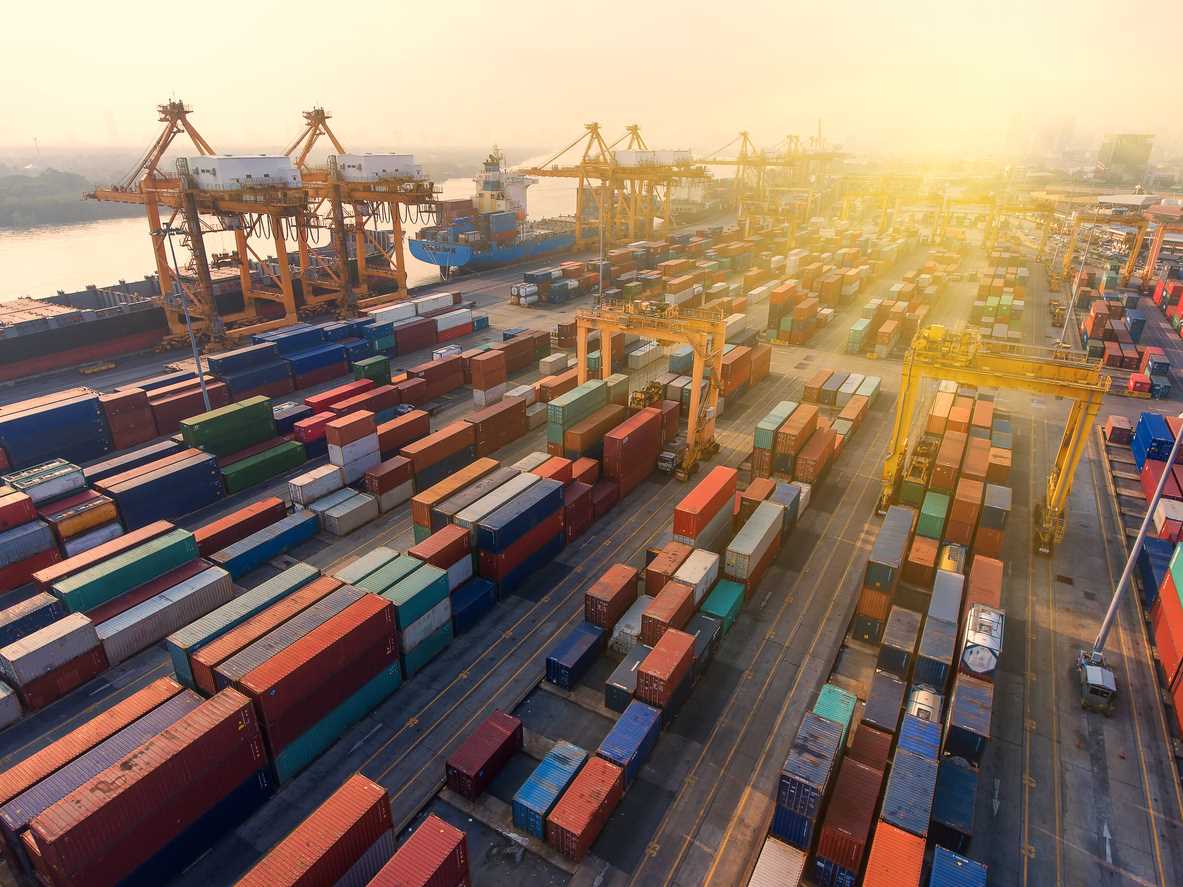Industrial Estate In Thailand
Thailand Leads the Way in Industrial Property Investment in H1 2024

Thailand’s economy in the first half of 2024 showed promising signs of recovery, marked by steady growth and robust performance. GDP expanded by 2.3% year-on-year in Q2, rebounding from a 1.6% contraction in Q1, driven by improvements in the industrial and service sectors. For the first half of the year, GDP growth stood at 1.9%, reflecting gradual but solid progress supported by foreign direct investment and government policies to foster economic stability.
Riding on this positive economic momentum, Thailand’s industrial real estate market flourished, driven by increased foreign investment, surging demand for industrial land, and ongoing infrastructure upgrades. These developments have positioned the country as a competitive and innovative destination for global investors.
Key Drivers of Growth
Booming Foreign Investment
Thailand's Board of Investment (BOI) reported a 37% year-on-year increase in approved projects during H1 2024, totaling 1,451 projects. The total investment value rose by 27% to THB 476,276 million, with foreign projects accounting for 76% of this amount. The leading contributors were China, contributing THB 101,760 million, followed by Singapore with THB 94,525 million, and Japan at THB 38,525 million. These investments were concentrated in high-value, technology-driven industries like electrical appliances, electronics, and automotive, showcasing Thailand's progression into advanced manufacturing.
The Eastern Economic Corridor (EEC): A Growth Hub
The EEC remains a dominant force, accounting for 60% of total serviced industrial land (SILP) transactions in H1 2024. During this period, a total of 4,869 rai of industrial land was sold or leased in the region. Rayong and Chonburi remained as key hotspots, supported by ongoing infrastructure improvements. This growth is aligned with the government's strategy on making the EEC a hub for advanced manufacturing and green technologies?.
Market Dynamics
Rising Demand for Industrial Land
Demand for SILP surged, with 8,063 rai transacted nationwide—a substantial increase from H2 2023. The cumulative sales rate climbed to 86.9%, reflecting a 3.9% growth. Central Thailand demonstrated the highest sales efficiency at 92.7%, while regions outside the EEC also gained traction, reflecting a growing diversification in industrial investments across the country.
Price Trends
Average land prices increased by 2.6% year-on-year, reaching THB 6.2 million per rai. The most notable price hikes were recorded in the Bangkok Metropolitan Region (BMR) at THB 11.1 million per rai, the Eastern Economic Corridor (EEC) at THB 6.7 million per rai, and the Central Region, matching the overall average, at THB 6.2 million per rai.
Emerging Trends
Green and Sustainable Practices
Sustainability has become a central theme in Thailand’s industrial development. Industrial estates are increasingly incorporating renewable energy solutions, such as solar power and microgrid systems, aligning with global ESG (Environmental, Social, and Governance) standards. These initiatives not only reduce environmental impact but also attract a growing segment of environmentally-conscious investors.
Technological Advancements
The adoption of innovative technologies, including Digital Twin Technology, is revolutionizing industrial planning and decision-making. These simulations provide investors with real-time data to optimize resource allocation and development efficiency. Additionally, the burgeoning electric vehicle (EV) industry has seen increased investment from major global players like BYD and CHANGAN, reinforcing Thailand's position as a regional EV manufacturing hub.
Challenges and Outlook
Despite robust growth, Thailand's industrial market is not without its hurdles. The sector has seen an 86% year-on-year increase in factory closures, indicative of pressures from global demand shifts and domestic wage policies. These challenges require strategic interventions to maintain momentum.
Looking ahead, emerging opportunities in green energy and EV manufacturing, backed by substantial government incentives, are expected to sustain the sector's growth. Thailand’s strategic location, advanced infrastructure, and commitment to sustainable development uniquely position it to attract long-term industrial investment from across the globe.
For more detailed insights or property advice, feel free to reach out to the experts at Knight Frank Thailand.